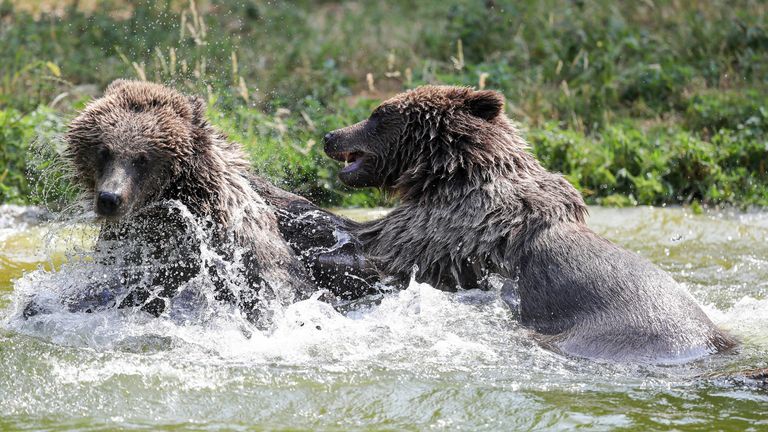The world has an unfortunate problem. In many parts of the world we are successfully reducing our carbon footprint dramatically, through cleaning our electricity generation among other improvements.
Unfortunately, in our current setup, often the only way to pay for conserving the wild places on our planet is by visiting them, and for most people, this requires long-distance flights.
Something we must avoid in more wealthy countries is to simply halt all tourism to wild places. If in order to cut a few tons of carbon from our personal emissions, we remove the reason to conserve a large rainforest in Africa or Asia, can we really blame the locals when it gets cut down? In theory, money does indeed get sent to some of these countries to pay for offsetting our emissions. Unfortunately this rarely reaches people on the ground.
Continue reading “Contradiction of wildlife tourism – do not kill the wild natural world while cutting your emissions”


